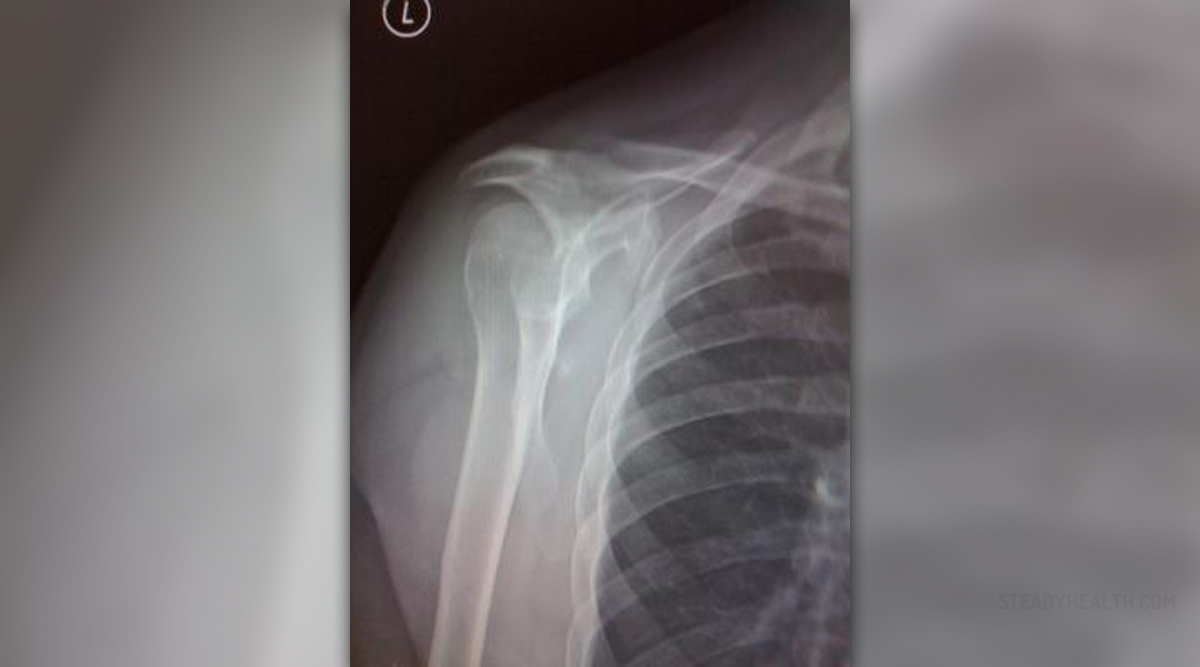
Torn rotator cuff
Rotator cuff is the medical term that refers to the group of four muscles and tendons which are in charge of supporting and stabilizing the shoulder. Thanks to the rotator cuff, the shouder is able to move and rotate, and thus the name. Regardless of the severity or the type of the injury, different parts of the arm may be affected, as well as the mobility and functionality of that arm. The recovery period will also depend on this, and in some case, it can even last for months.
When it comes to the tear of the rotator cuff, it can be chronic and acute. The chronic is more typical of athletes, or people whose occupation requires from them motions and movements that are often repeated or even forceful, while acute tear is a result of a sudden strong raising of the arm, for example when lifting something heavy or when trying to cushion the fall, and it is more typical of those who are less than 30 years old. Muscle spasms followed by tenderness and acute pain that results from bleeding are also common for the acute tear. People are more prone to the rotator cuff tear as they grow older.
Symptoms of torn rotator cuff
Torn rotator cuff is a kind of an injury that requires immediate medical atention, because, even though the majority of these cases can be succssfully treated either with medications, with applying hot or ice, or with physical therapy, some cases may need the surgery in order to repair the damage of the muscle, and the doctor is the only one who can estimate it. If the tear is not treated in the right manner, the consequences may be very serious, and even permanent. Sometimes, people with torn rotator cuff that is inadequately treated will be more prone to arthritis.
Symptoms also depend on the type of the tear, but those that are inevitable are pain in the shoulder, weakness, and restricted and limited movement, all of them with the tendency to worsen either at night or in the morning. However, since these symptoms may sometimes indicate some other condition, people tend to oversee and ignore them, simply waiting for them to disappear on their own. This is never advised, particularly, if the pain in the shoulder persists after 48 hours, if the reason for such pain is not obvious, and if the person is not able to perform everyday activities.


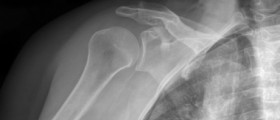
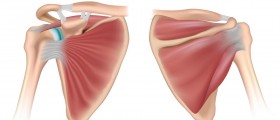




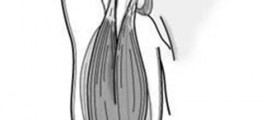
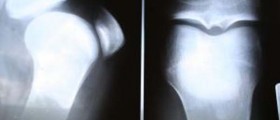


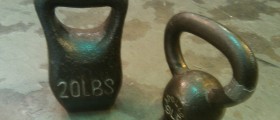
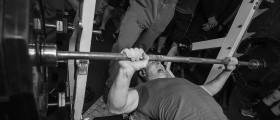



Your thoughts on this
Loading...